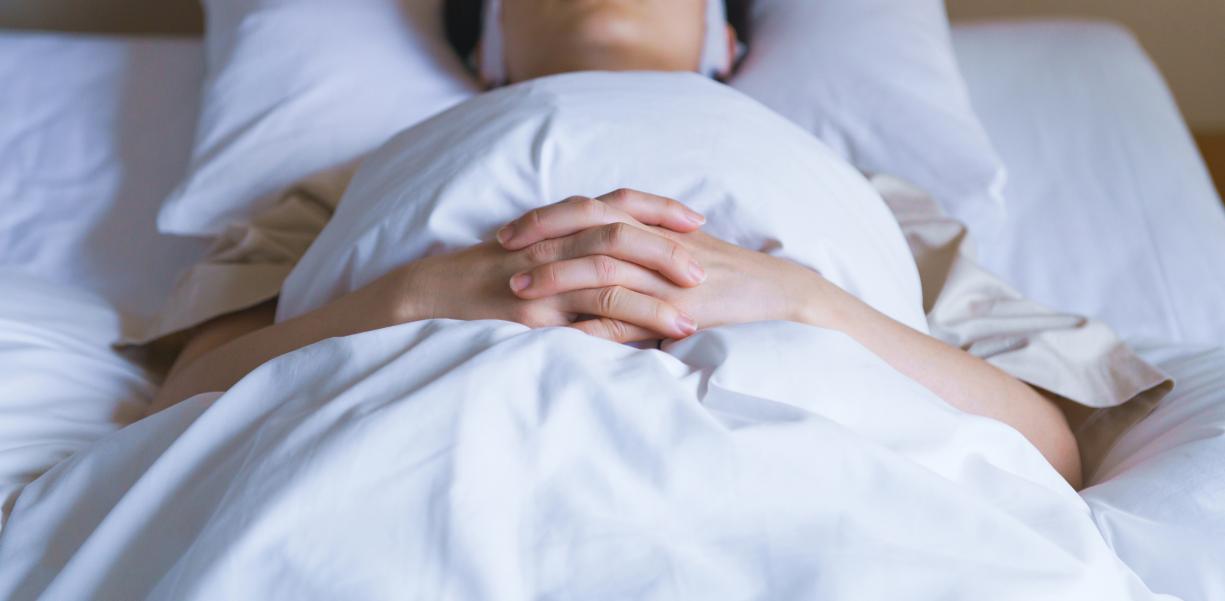Common Sleep Conditions
Let AnMed help you relieve symptoms of:
- Insomnia – Difficulty falling asleep or staying asleep due to anxiety, depression, pain, disrupted sleep schedule, noise, light, an uncomfortable bed or other reasons
- Narcolepsy – Suddenly falling asleep during the day due to overwhelming drowsiness
- Parasomnias – Unwanted behaviors during sleep, such as walking, talking or eating
- Periodic limb movement disorder (PLMD) – Legs or arms that twitch during sleep, often without your notice
- Restless leg syndrome (RLS) – Urge to move your legs while lying down, often along with feelings of itching or burning
- Sleep apnea – Usually caused by a partial or complete collapse of the airway, which can lead to serious cardiovascular and neurological problems and an increased risk of car accidents




